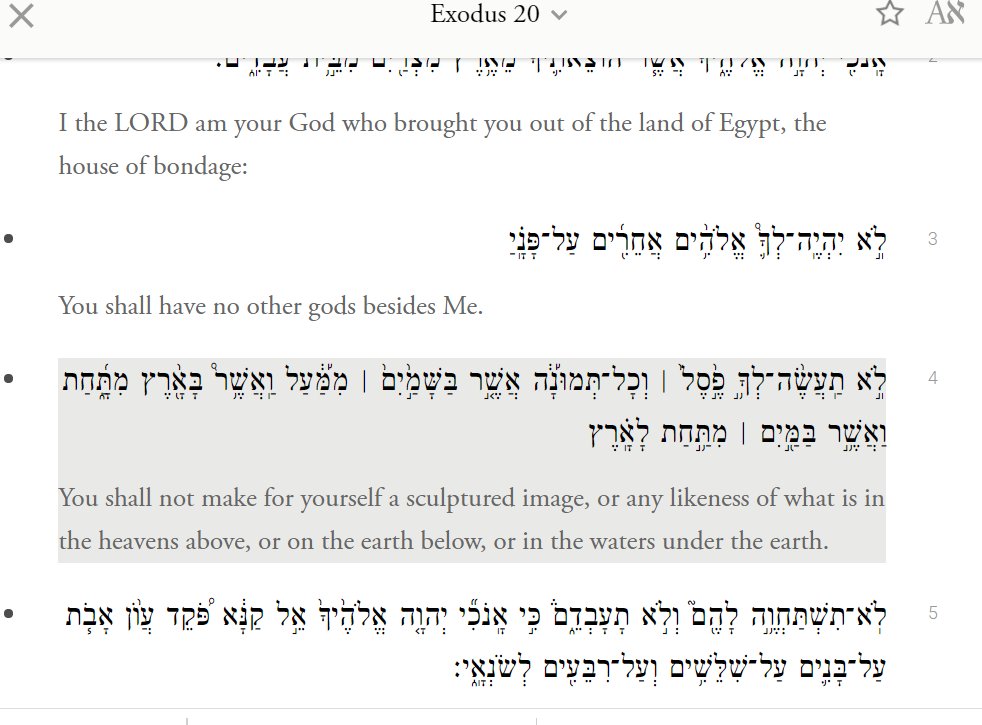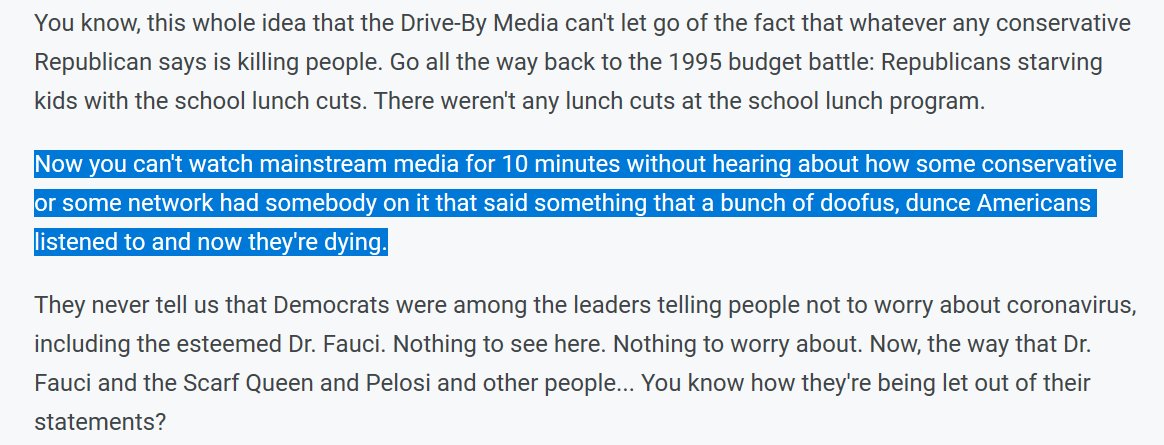
There’s actually a fascinatingly eerie, deep connection between CPAC’s #GoldenCalf & today’s holiday of #Purim.
<Short thread>
<Short thread>
https://twitter.com/ewzucker/status/1365347719565488134
The Purim story is driven by an act of resistance: Mordecai’s refusal to bow to the authoritarian vizier Haman.
This simple defiance infuriates Haman, leading to the genocidal decree.

This simple defiance infuriates Haman, leading to the genocidal decree.


But it’s unclear why Mordecai refused to bow to Haman as this would seemingly have been standard protocol given Haman’s status. Two complementary explanations are:
A) As @yhazony argues, the move to elevate Haman was a worrisome authoritarian power grab that in ch.1, the king consulted an array of advisers & was broadly solicitous of the various provinces. So Mordecai was bravely standing up against rising authoritarianism. 

B) The rabbinic sages (Esther Rabbah 6) suggested that Haman wore an idol around his neck. So the challenge then was religious rather than political.
But where did they get this idea from & what does it have to do with idea A?
But where did they get this idea from & what does it have to do with idea A?

Check out Daniel 3 (biblehub.com/niv/daniel/3.h…)!!
It’s very well established (see Koller) that Esther is playing off Daniel. & in Daniel 3, you find a version of the same story but here *it’s golden statue* that the king uses to demand loyalty!



It’s very well established (see Koller) that Esther is playing off Daniel. & in Daniel 3, you find a version of the same story but here *it’s golden statue* that the king uses to demand loyalty!




So here the political & religious aspects of the authoritarian push are fused (as they always are).
And of course this golden statue is referencing the granddaddy of all such stories, the #GoldenCalf!!!
(in part indirectly via I Kings)
And of course this golden statue is referencing the granddaddy of all such stories, the #GoldenCalf!!!
(in part indirectly via I Kings)
This all dovetails with my argument for how the #GoldenCalf story- which appears to be purely religious but is actually deeply political- serves as a paradigm for how elites can can cater to aggrieved populists leading to worship of a Big Lie.
https://twitter.com/ewzucker/status/1347450333413441536
& here’s the original thread if you prefer that to essay format (the essay is a bit sharper)
https://twitter.com/ewzucker/status/1330585646562480128
@threadreaderapp unroll
• • •
Missing some Tweet in this thread? You can try to
force a refresh









